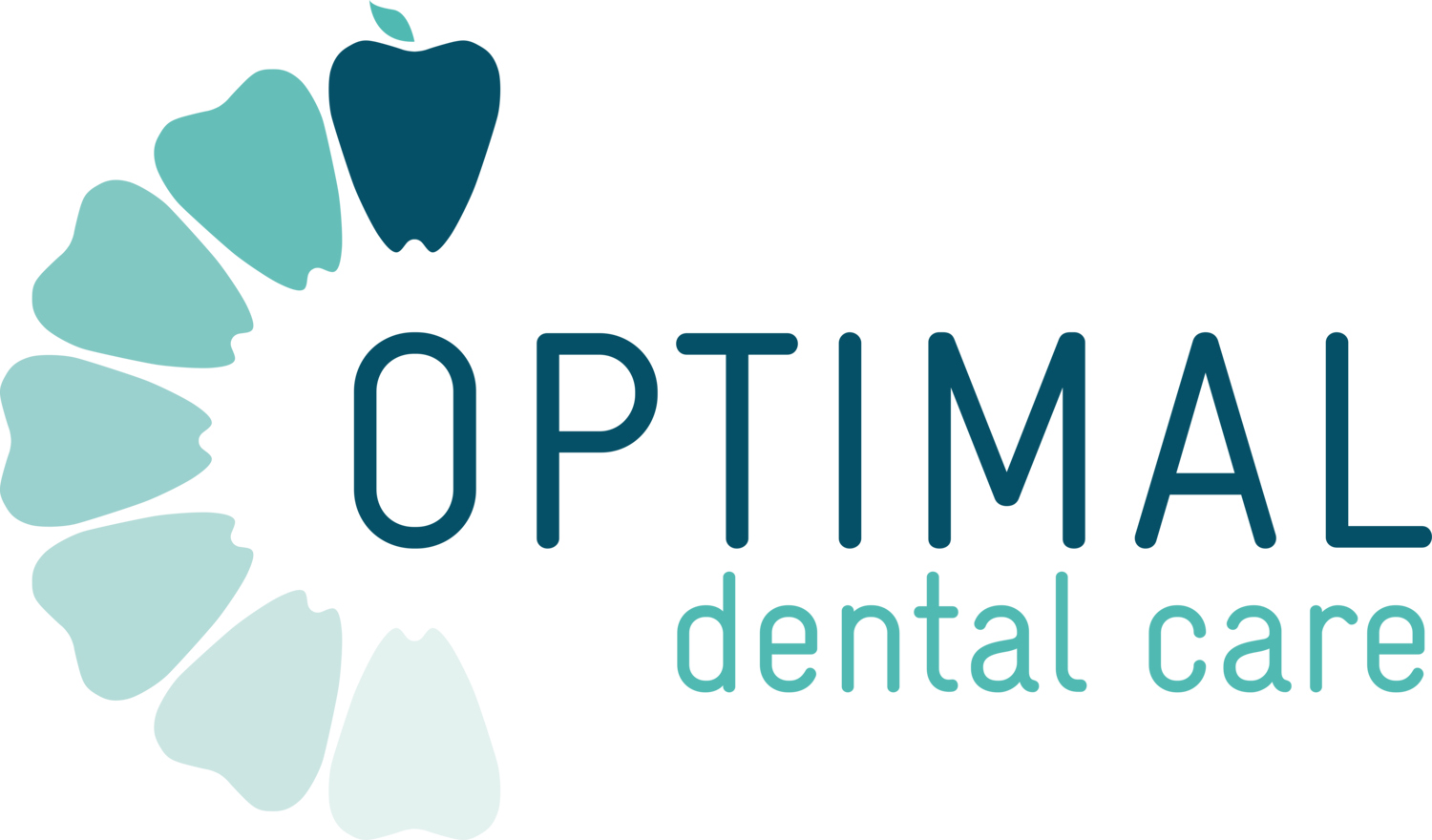Pregnancy and Your Oral Health: What You Need to Know
A lot of preparation is required when a new baby is on the way. However, despite your hectic schedule, you shouldn't neglect your oral hygiene. Because of the hormonal shifts during pregnancy, you should take special care to prevent tooth decay and gum disease.
In addition to the growth of their brain and nervous system, your baby is also forming teeth when you are pregnant.
In this blog, we will discuss the relevance of prenatal dental care and the relative safety of this treatment for pregnant women.
Pregnancy-Related Dental Complications
As your pregnancy progresses, you may experience various unusual and unsettling symptoms. You may experience many symptoms during pregnancy, from tooth pain to an intolerance to some of your favourite meals.
Oral health concerns that could happen during pregnancy should not be ignored because they can lead to complications for both you and your unborn child.
Premature delivery and low birth weight have been linked to severe gum disease in pregnant women. Premature infants are more likely to experience vision, hearing impairments, and brain damage.
Moreover, pregnancy shouldn't deter a woman from seeing a dentist about her gum condition.
The hormones during pregnancy can significantly affect oral health. When hormone levels rise, especially estrogen and progesterone, it can affect the gums and oral tissues. This can make them more prone to various problems.
- Cavities or Caries
This refers to little abnormalities in the enamel of your teeth—the risk of developing cavities increases during pregnancy. Cavity-causing bacteria can be passed from mother to child throughout pregnancy and after delivery. Your child may have developmental issues as a result of this.
- Tooth decay
When you're pregnant, your body produces more progesterone and estrogen than usual, and both of these hormones can temporarily relax the tissues and bones that hold your teeth in place. This might cause your teeth to become loose.
- Red, Swollen, and Bleeding Gums
Your body's reaction to the bacteria in your mouth (plaque) may alter due to the fluctuating hormone levels during pregnancy. You may feel uncomfortable brushing or flossing due to increased sensitivity or nausea. Therefore, it is crucial that expectant mothers not disregard the warning indications of gum disease and instead visit a dentist right soon.
- Gingivitis
Gingivitis, an early stage of periodontal disease characterised by red, swollen gums caused by inflammation and perhaps exacerbated by fluctuating hormone levels during pregnancy, affects 60–75% of pregnant women.
Pregnant people have a higher chance of getting gingivitis, the first stage of gum disease, because of hormonal changes. Gingivitis is a condition where your gums become red, swollen, and may bleed. If you don't treat it, gum disease can worsen and harm the baby's health. It is essential to practice good oral hygiene to prevent and manage gingivitis.
- Gum Disease or Periodontal Disease
Periodontitis is an inflammatory disease that can damage the periodontium, affecting roughly 30 per cent of pregnant women.
Gingivitis can progress into periodontal disease if not managed. This leads to severe gum infection and issues with the jawbone that anchors the teeth. Your teeth might become loose and need to be removed. Bloodstream infections caused by bacteria are possible consequences of periodontitis. This is an emergency that requires quick medical attention. Gum disease is made worse by smoking.
- Pregnancy Tumors
During pregnancy, some people may develop tumours, called pyogenic granulomas, on their gums. These growths are not cancerous. They are usually red and look like small, swollen lumps. Pregnancy tumours are not dangerous but can cause discomfort and bleed easily. Typically, these growths go away by themselves after pregnancy. However, seeing a dentist to get a proper evaluation, advice, and treatment options is a good idea.
Oral Care and Nutrition during Pregnancy
During pregnancy, taking care of your oral health and eating a healthy diet to support good oral care is important.
Changes in hormones and an increased need for nutrients can impact the health of your teeth and gums. This makes it extremely important to prioritise oral hygiene and be mindful of the foods you eat.
When you're pregnant, make sure to follow these guidelines for taking care of your oral health:
● Remember to brush your teeth at least two times every day. To ensure you clean your teeth properly, brush for at least two minutes.
● Floss your teeth every day. Take care not to irritate your gums by being as gentle as possible.
● Select a mouthwash without alcohol that can freshen your breath and decrease bacteria.
● Avoid eating foods that are high in sugar and acidity. Choose healthier snacks such as fresh fruits, vegetables, and dairy products.
● Make sure to eat calcium-rich foods, such as milk, yogurt, cheese, and leafy greens. Calcium is vital for the baby's teeth and bones and helps the mother's oral health.
● Schedule regular dental visits during pregnancy. Let your dentist in Bondi know if you're expecting a child since they may have particular recommendations for handling your dental care during this time.
Takeaway
It is crucial to take care of your oral health while pregnant.
By following the above tips, you can maintain good dental hygiene habits throughout this special time.
Don't forget to make an appointment with a Bondi Junction dentist for a dental check-up. If you have questions or concerns about oral health during pregnancy, you can contact dental professionals like Optimal Dental Care.
It's important to take care of your teeth from an early age, and prevention is key.
